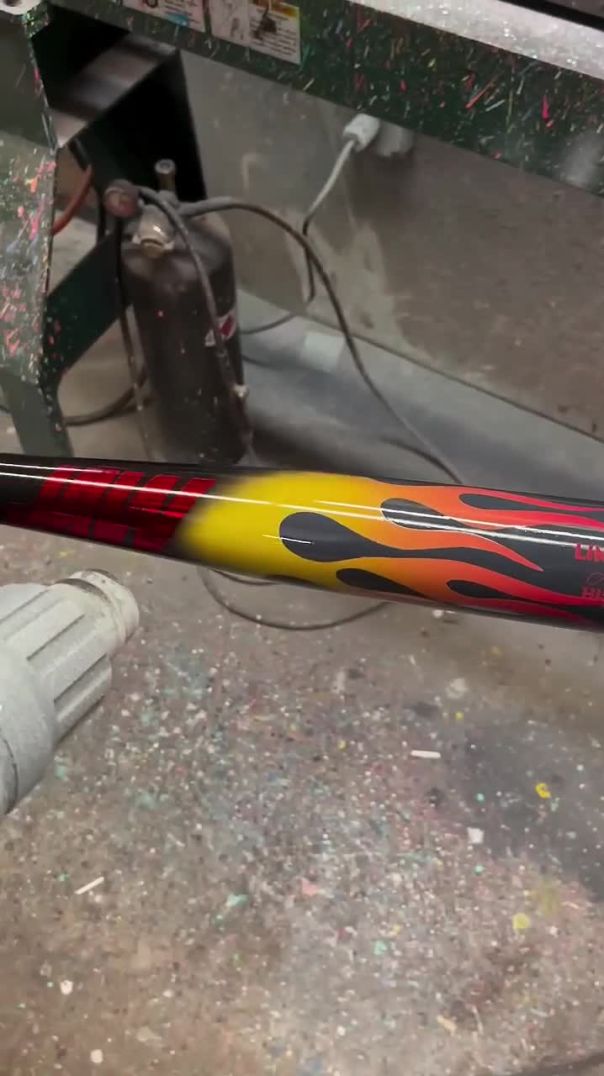Maintaining your car is not just about keeping it shiny and looking good; it's about ensuring that it runs smoothly and safely for years to come. In this guide, we will delve into the basics of car maintenance to help you keep your vehicle in top shape. Regular maintenance not only enhances your car's performance but also extends its lifespan, saving you money in the long run.
Scheduled Maintenance Tasks
The cornerstone of car maintenance involves scheduled tasks that should be performed at specific intervals. These tasks include oil changes, tire rotations, and brake checks. Staying on top of these routine procedures is vital for your car's health.
Oil Changes: Your car's engine relies on clean oil for optimal performance. Regular oil changes, typically every 3,000 to 5,000 miles, keep your engine running smoothly and prevent unnecessary wear and tear.
Tire Rotations: Uneven tire wear can affect your car's handling and fuel efficiency. Rotating your tires every 6,000 to 8,000 miles ensures even wear and prolongs tire life.
Brake Checks: Ignoring brake issues is dangerous. Regular brake inspections, typically every 12,000 miles, help identify problems early and ensure your brakes function correctly.
Checking Fluid Levels
To prevent costly damage to your vehicle, it's crucial to monitor fluid levels regularly. Keep an eye on engine oil, coolant, transmission fluid, and other essential fluids. Low or dirty fluids can lead to engine damage and decreased performance.
Inspecting the Engine
Your car's engine is its heart, and regular inspections can reveal potential issues before they become major problems. Look for warning signs such as unusual noises, warning lights on the dashboard, or decreased performance. Don't hesitate to consult a mechanic if you notice anything amiss.
Tire Care and Maintenance
Tires play a critical role in your car's safety and performance. Proper tire care includes maintaining the right tire pressure, rotating them regularly, and ensuring proper wheel alignment. These practices improve tire longevity and enhance vehicle stability.
Brake System Maintenance
Your car's brakes are a vital safety component. Pay attention to signs of brake problems, such as squeaking or grinding noises, a soft brake pedal, or a dashboard warning light. Regular brake maintenance ensures your car stops safely when you need it to.
Battery Health and Care
A healthy battery is essential for starting your car reliably. Check the battery's age, keep it clean, and make sure the terminals are free from corrosion. If your battery is several years old, consider replacing it before it fails unexpectedly.
Keeping Your Vehicle Clean
Maintaining your vehicle's cleanliness isn't just about aesthetics; it also preserves the body and interior. Regular washing and cleaning help prevent rust and keep the interior in good condition.
Fuel Efficiency Tips
Proper car maintenance can also improve fuel efficiency. Regularly changing the air filter, maintaining the correct tire pressure, and ensuring your engine is running smoothly all contribute to better gas mileage.
Conclusion
In conclusion, taking care of your car is not just an option; it's a responsibility that ensures both your safety and the longevity of your vehicle. By following these car maintenance tips, you can enjoy a smoother, safer, and more cost-effective driving experience for years to come.
FAQs
How often should I change my car's oil?
- Typically, you should change your car's oil every 3,000 to 5,000 miles, but check your owner's manual for specific recommendations.
Why is tire rotation important?
- Tire rotation ensures even wear, extends tire life, and improves your car's handling and fuel efficiency.
What are the signs of brake problems?
- Brake problems can manifest as squeaking or grinding noises, a soft brake pedal, or a dashboard warning light.
How can I extend my car battery's life?
- Keep your battery clean, inspect it regularly, and replace it if it's several years old to extend its lifespan.
Does car maintenance really improve fuel efficiency?
- Yes, proper car maintenance, such as changing the air filter and maintaining tire pressure, can improve fuel efficiency and save you money on gas.

































LanceSena2
4 months ago